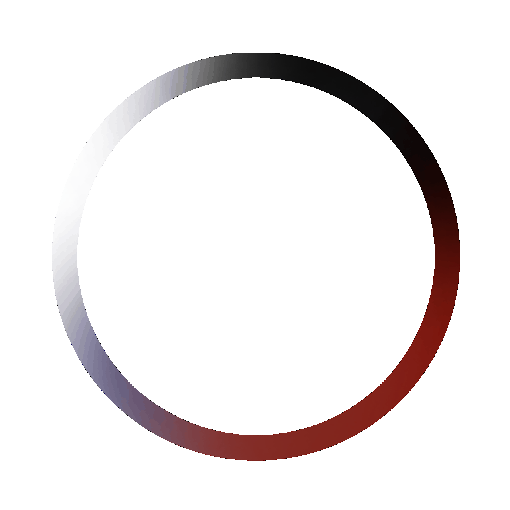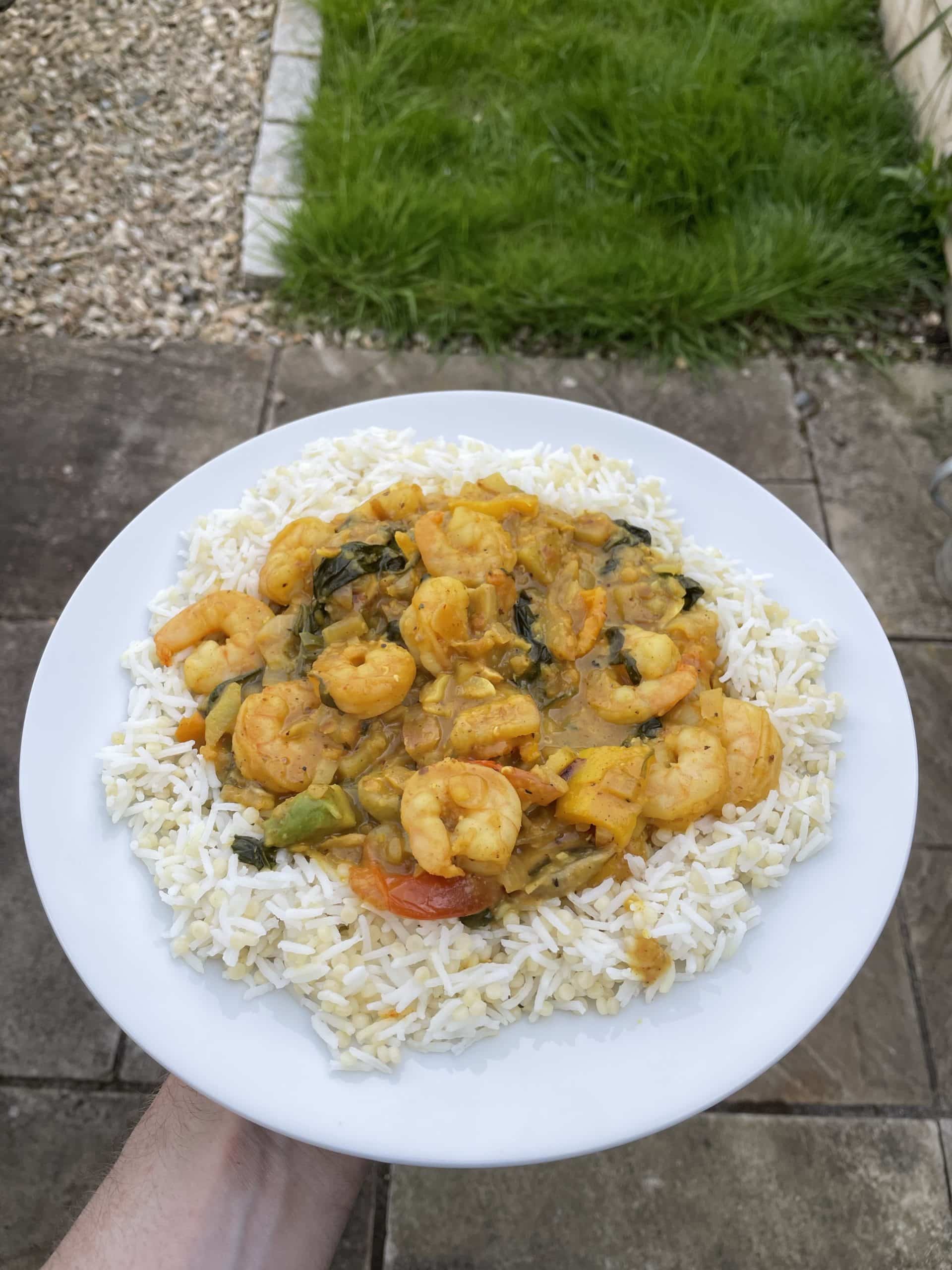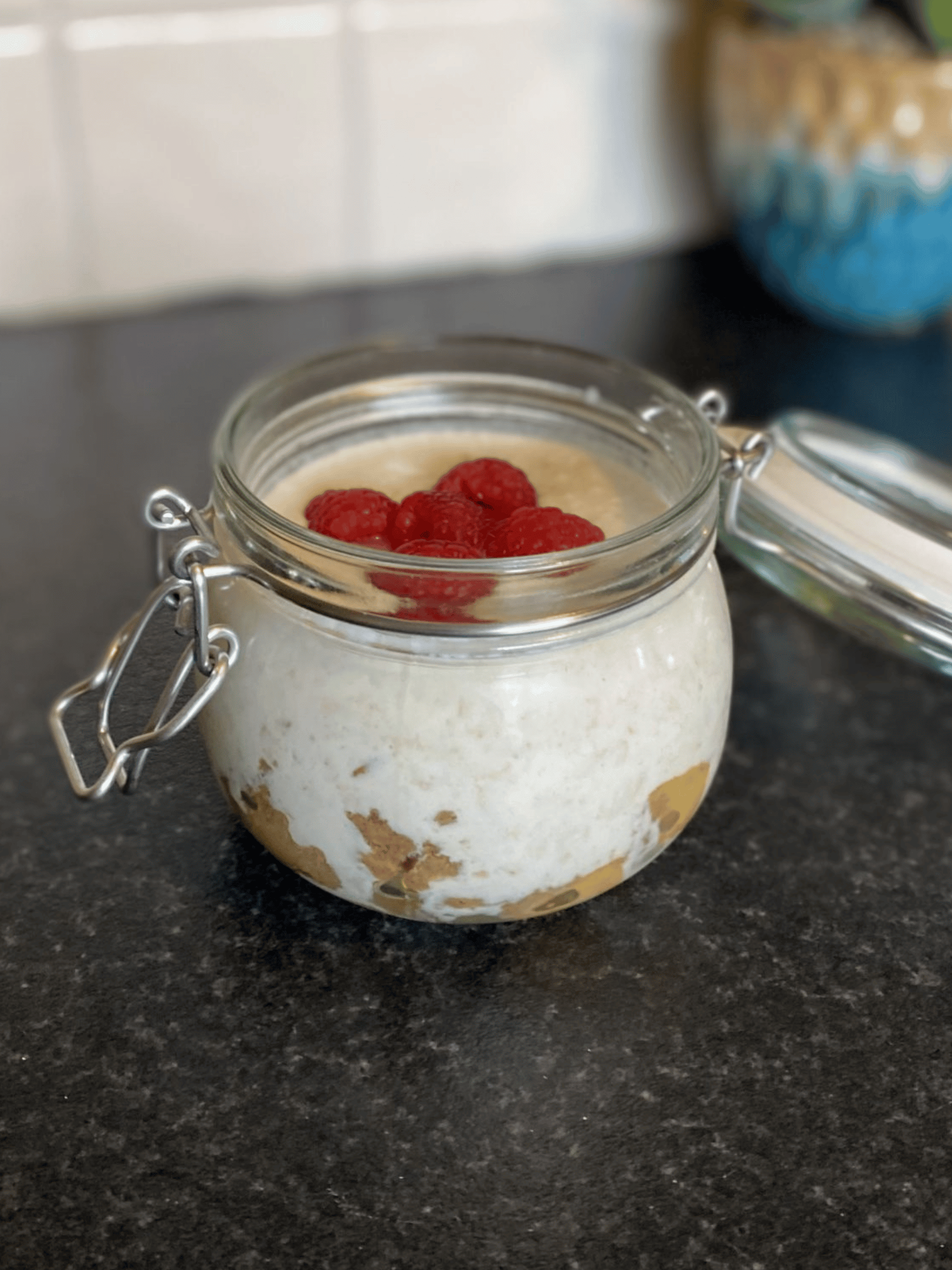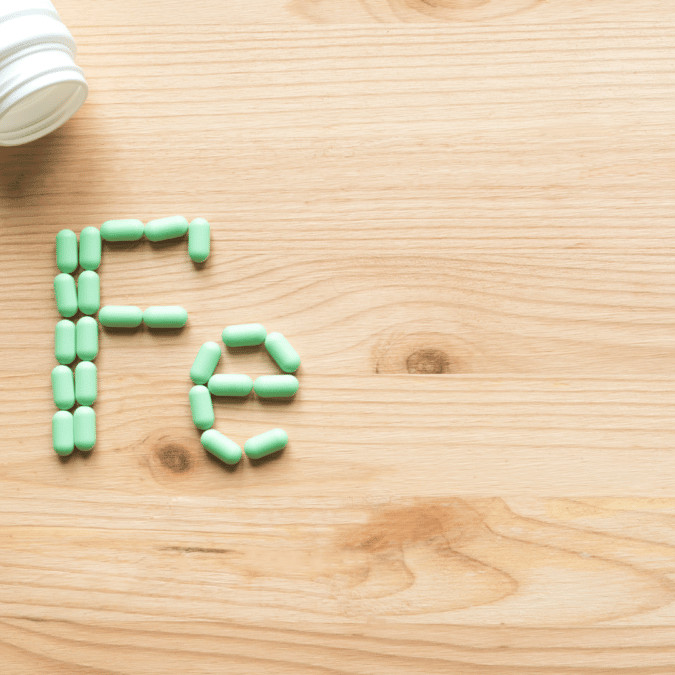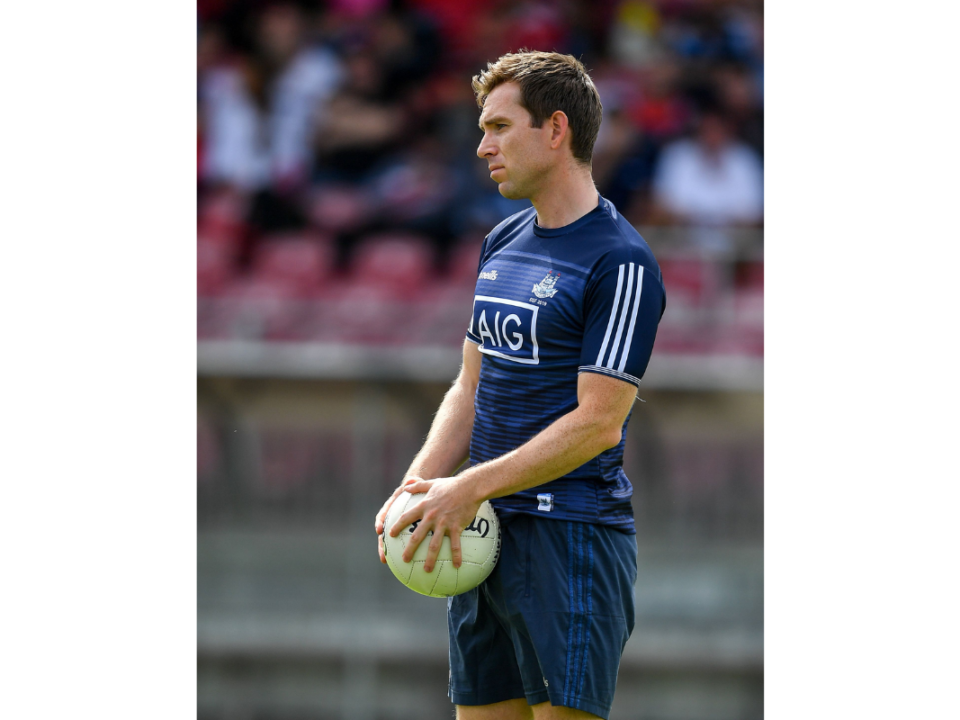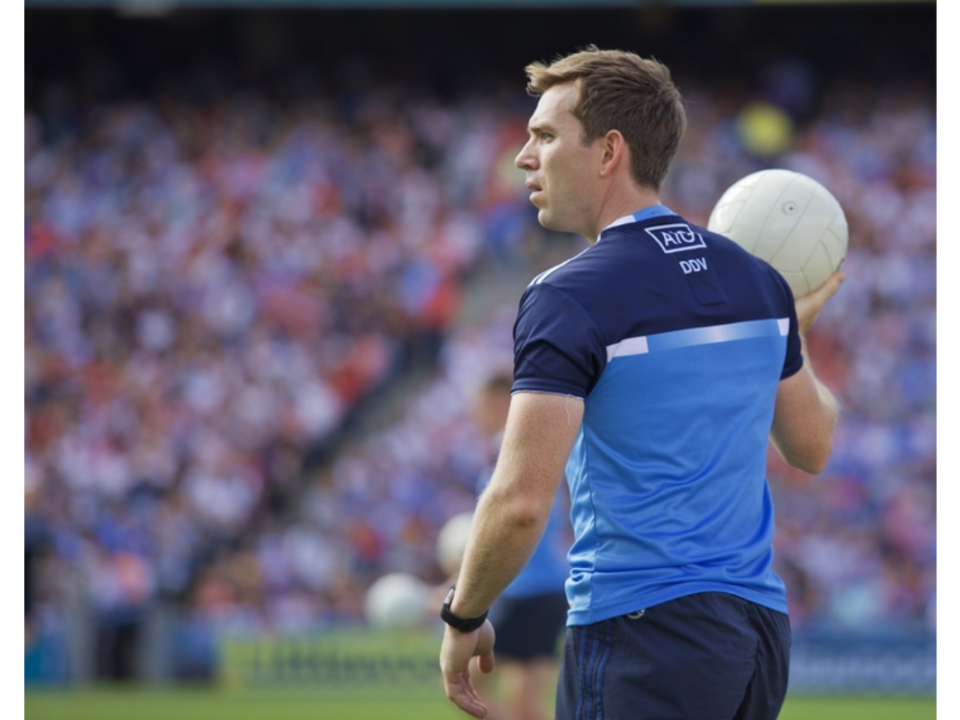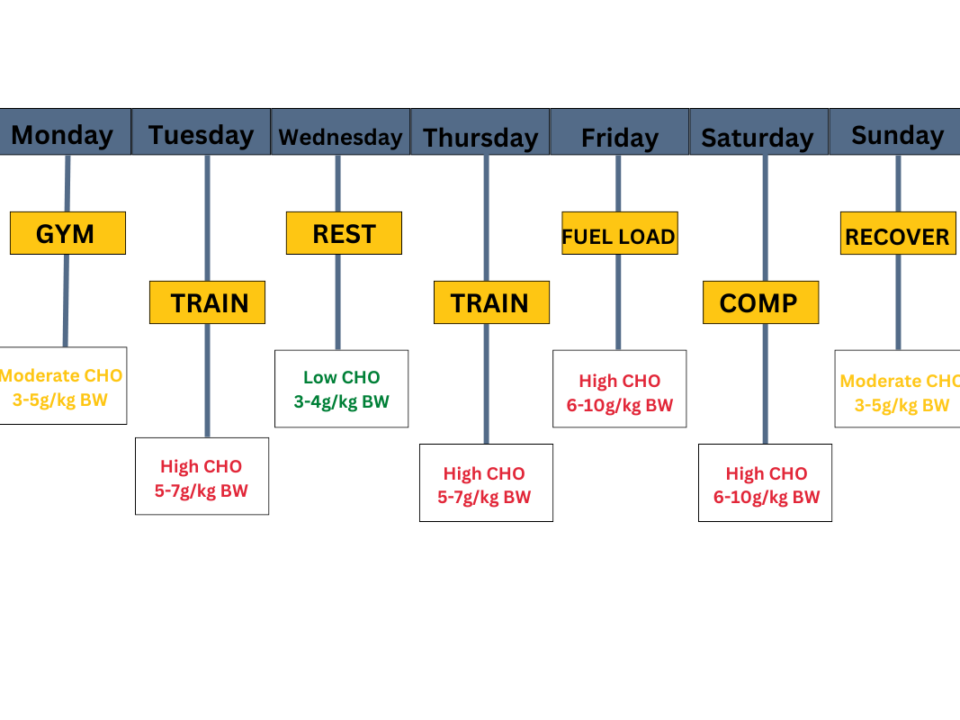Summary
- Iron is an essential nutrient needed in the body
- Iron deficiency is more common than you think and can compromise overall health & sports performance
- Certain components in foods can hinder or enhance iron absorption
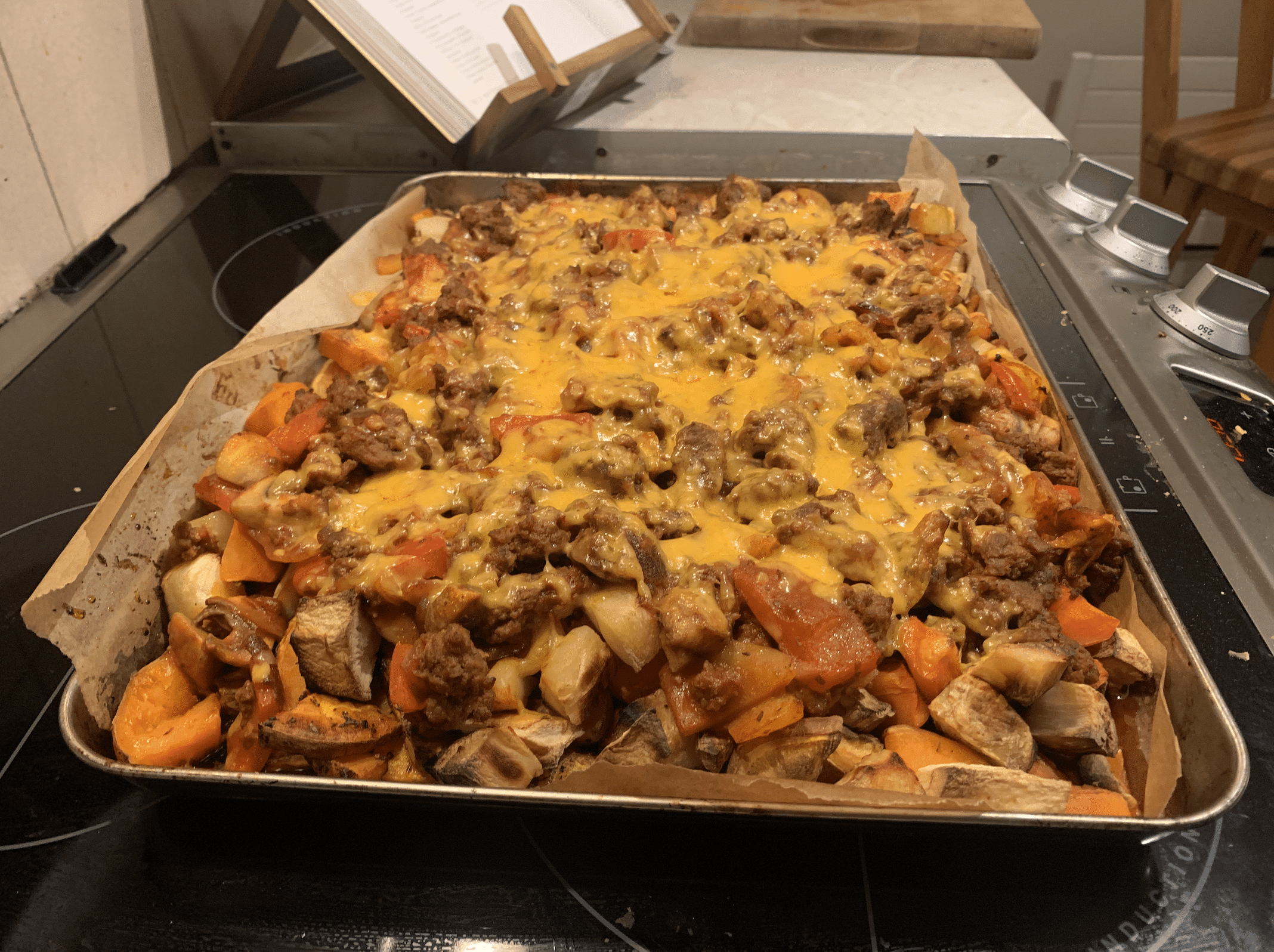
Why is iron important?
Iron is an essential mineral that is used for many biological functions in the body. For example, Iron plays a primary role in the formation of haemoglobin, a protein responsible for carrying oxygen from our lungs to all parts of the body. Therefore, is a crucial nutrient for the production of energy. In addition, iron is a key component of myoglobin (think myo = muscle) which facilitates oxygen transport to the muscles, which is particularly important in those who are physically active. Iron is also a key nutrient needed to support a healthy and resilient immune system.
We have several types of iron in the body. The most prominent form is functional iron which is found mainly in red blood cells as haemoglobin. Iron is also present in the body as a stored form of iron known as ferritin and lastly, around ~1% of iron can be found in the plasma.
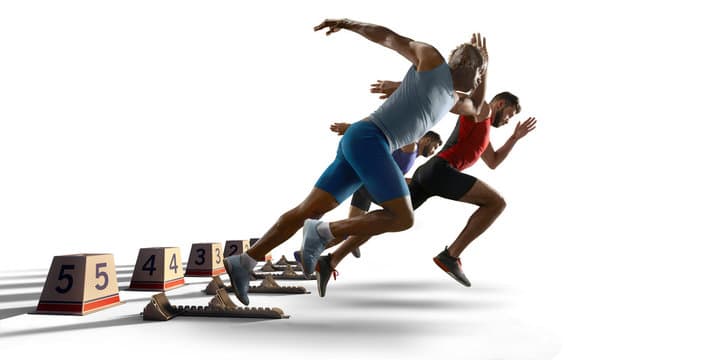 What happens if I don’t get enough iron?
What happens if I don’t get enough iron?
A deficiency in iron can be caused by several factors, and will have a variety of effects in the body. Perhaps the best-known condition is called anemia, and is usually the result of insufficient iron intake (iron-deficiency anemia). This causes tiredness, weakness and sometimes even symptoms similar to depression. Hence, getting your daily requirement for this mineral is essential. Females are at a higher risk of iron deficiency due to menstruation (blood and iron losses) and pregnancy
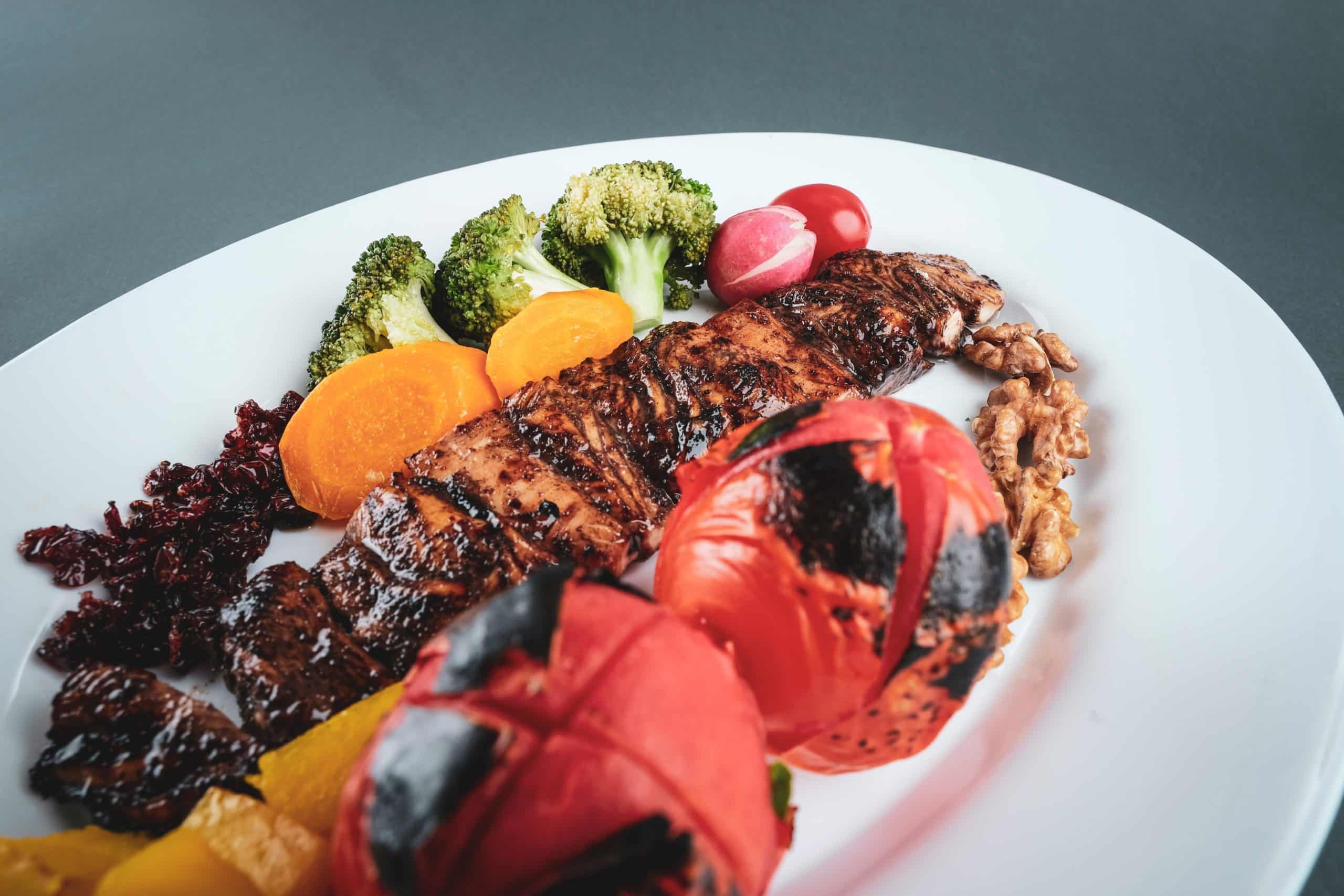 What are the recommended intakes of iron?
What are the recommended intakes of iron?
The recommended dietary intake of iron for females is 14.8mg and 8.7mg for males (source: HSE.ie). Interestingly, the requirement for iron in athletes is higher at 18mg per day as recommended by the American College of Sports Medicine (source: ACSM). This is because athletes have an increased demand for iron in the body. Physical activity can increase the loss of iron through sweating, blood loss through destruction of red blood cells and in the urine. As iron is needed for transport of oxygen around the body and to working muscles, there is also an increased need for adequate iron in athletes. Keep an eye out for an upcoming article covering iron and athletic performance!
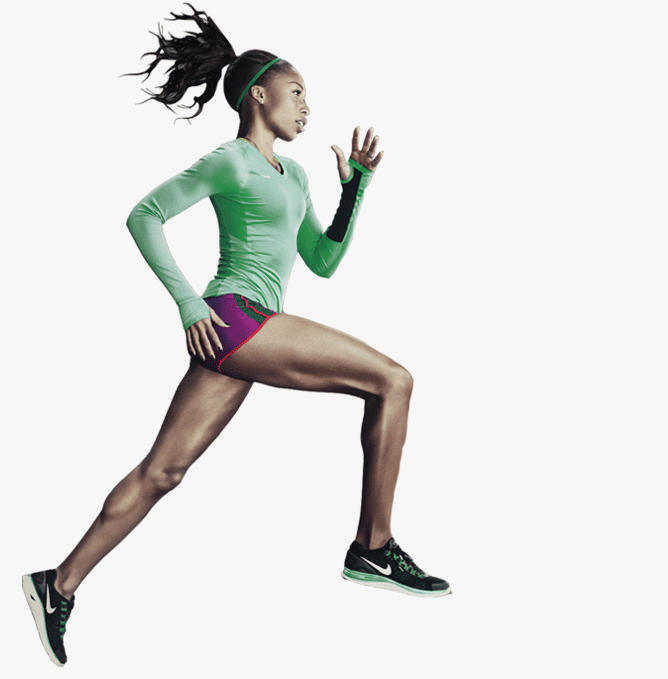 What foods are rich in iron?
What foods are rich in iron?
Iron can be obtained in the diet from in the form of haem and non-haem iron, which generally reflect animal and plant sources, respectively. The body is better able to absorb heme sources, but plant sources of iron also make an important contribution. As mentioned, haem iron is found in animal foods such as:
- Beef
- Chicken
- Turkey
- Pork
- Lamb
- Organ meats like liver, heart and kidney
For vegetarians there are several plant-based sources including:
- Swiss chard
- Pumpkin seeds
- Spirulina
- White beans
However, it is important to remember that non-haem iron is absorbed a lot less efficiently than haem iron. So, it is a general recommendation for those adopting a plant-based diet to ensure they are consuming a variety of the above plant foods.
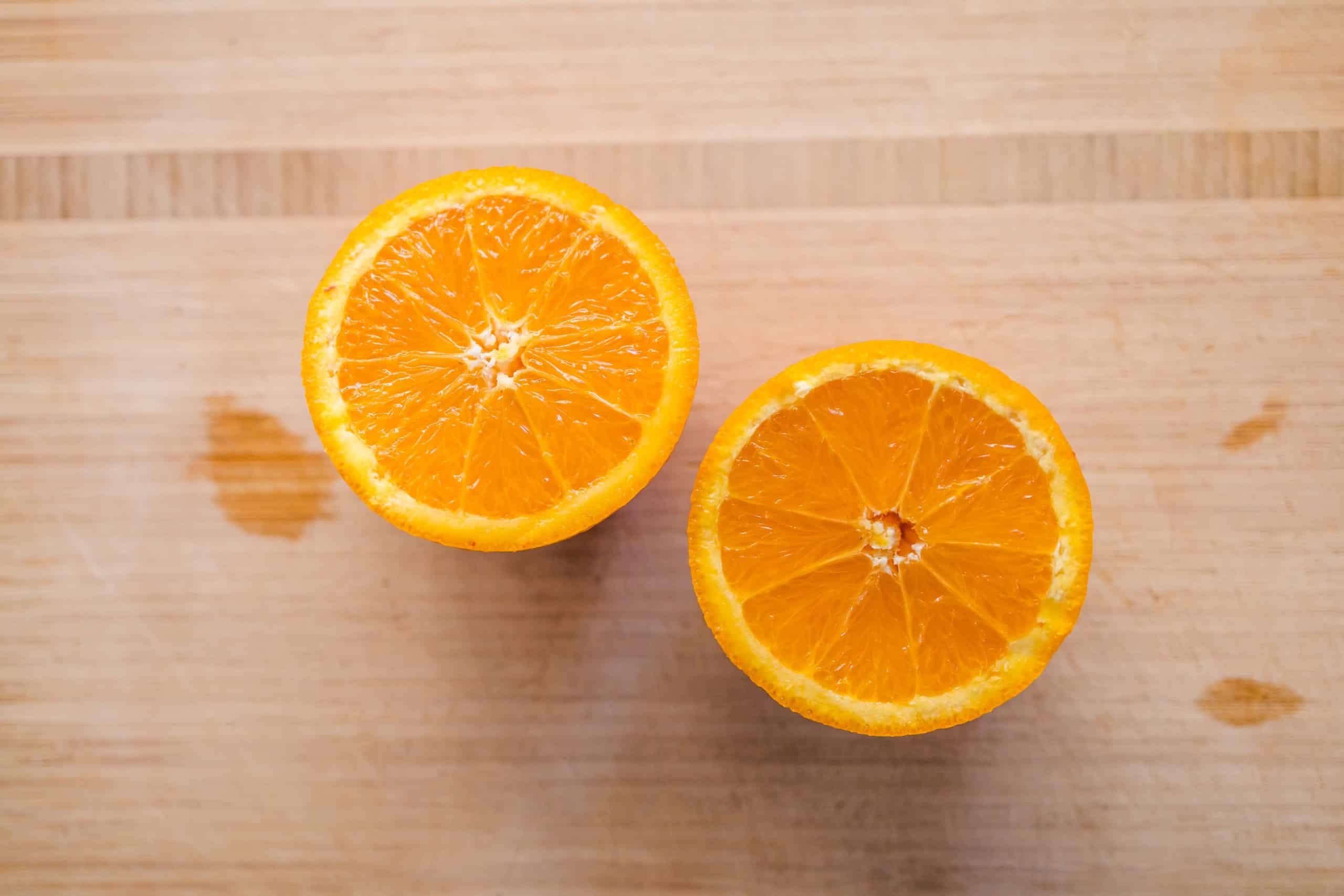 To complicate matters further, certain components in food can hinder the absorption of iron in the body. These include tannins in tea and coffee, phytates in some cereals, legumes and certain varieties of nuts and polyphenols in red wine, tea and coffee, some fruits and legumes. Conversely, Vitamin C, some meat factors and lactic acid may all increase the absorption of non-haem iron in particular. In practical terms, including some Vitamin C with your iron source at a meal time could be as easy as having a chicken salad with nuts, seeds, freshly chopped orange and chicken.
To complicate matters further, certain components in food can hinder the absorption of iron in the body. These include tannins in tea and coffee, phytates in some cereals, legumes and certain varieties of nuts and polyphenols in red wine, tea and coffee, some fruits and legumes. Conversely, Vitamin C, some meat factors and lactic acid may all increase the absorption of non-haem iron in particular. In practical terms, including some Vitamin C with your iron source at a meal time could be as easy as having a chicken salad with nuts, seeds, freshly chopped orange and chicken.
As mentioned, Iron deficiency is extremely common, and especially prevalent among female athletes, which can have implications for our overall health and sports performance. If you think you may be deficient in iron or want to check your iron status, book in with your GP for a blood test.
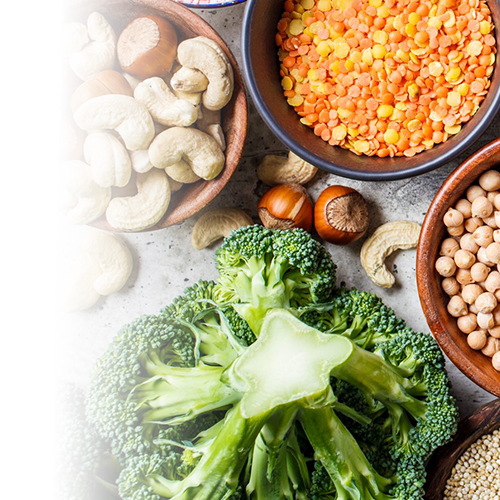 Looking for some recipes that are rich in iron? Use the ‘Nutrition’ filter on the recipe page and select ‘Iron’. In the meantime, here are some of our favourites:
Looking for some recipes that are rich in iron? Use the ‘Nutrition’ filter on the recipe page and select ‘Iron’. In the meantime, here are some of our favourites:
Ancient Grain Mixed Seed Salad
Roast Peppers with Lentils & Quinoa
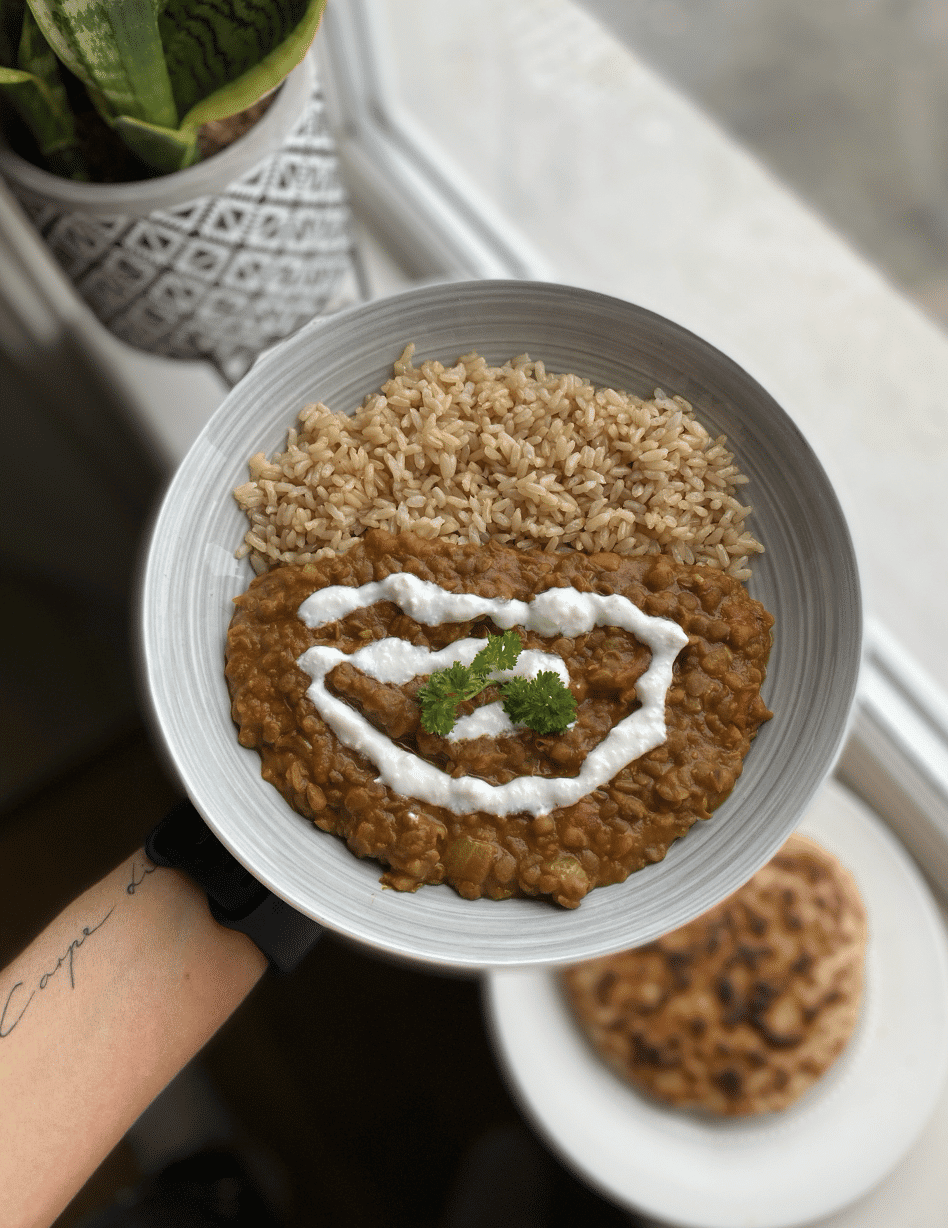 Have you seen our most recent daveynutrition meal plans? We have a meal plan to suit every goal whether it be muscle building, fat loss, performance or health. Make sure to use the Performance Nutrition Calculator to determine your specific calorie and macronutrient requirements and then choose a meal plan based on your calorie goal.
Have you seen our most recent daveynutrition meal plans? We have a meal plan to suit every goal whether it be muscle building, fat loss, performance or health. Make sure to use the Performance Nutrition Calculator to determine your specific calorie and macronutrient requirements and then choose a meal plan based on your calorie goal.
For help and support, please check out the How To and FAQ pages or email expertsupport@daveynutrition.com

